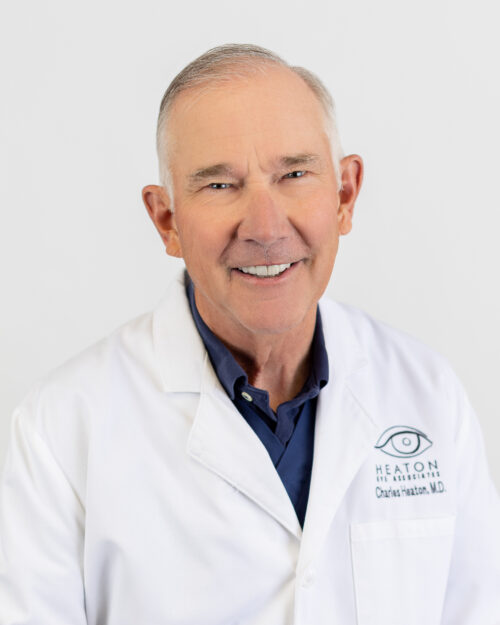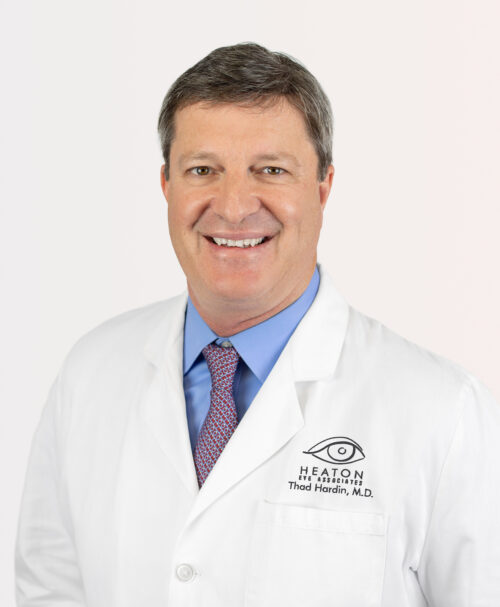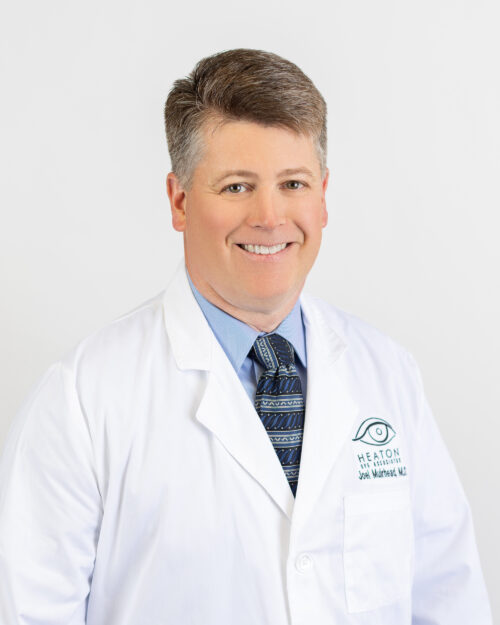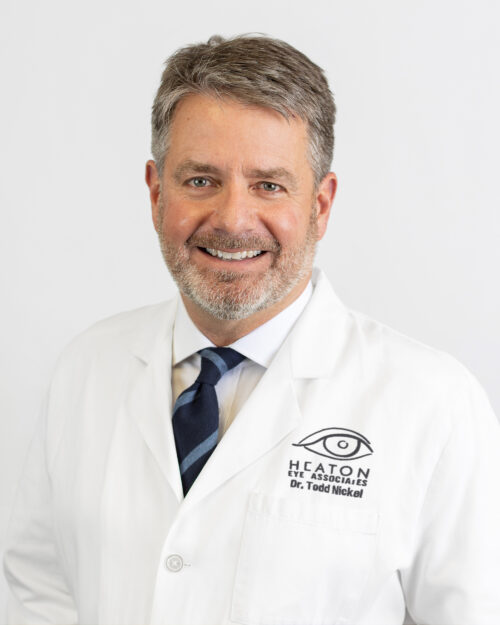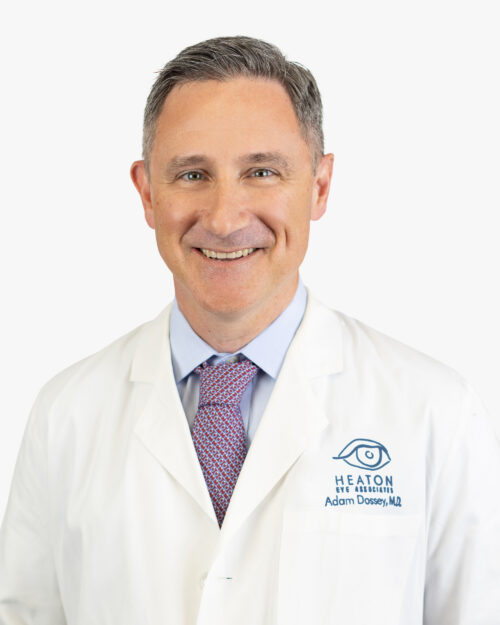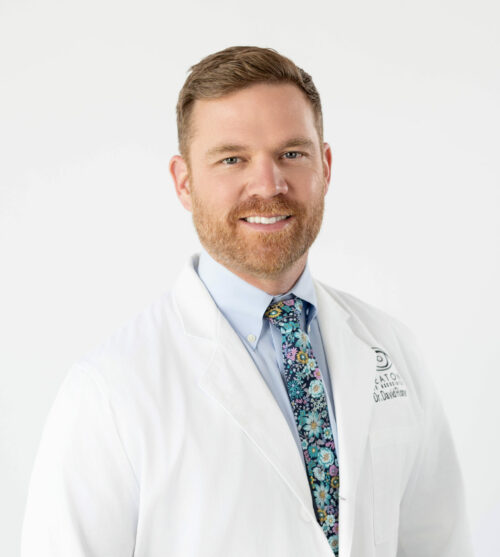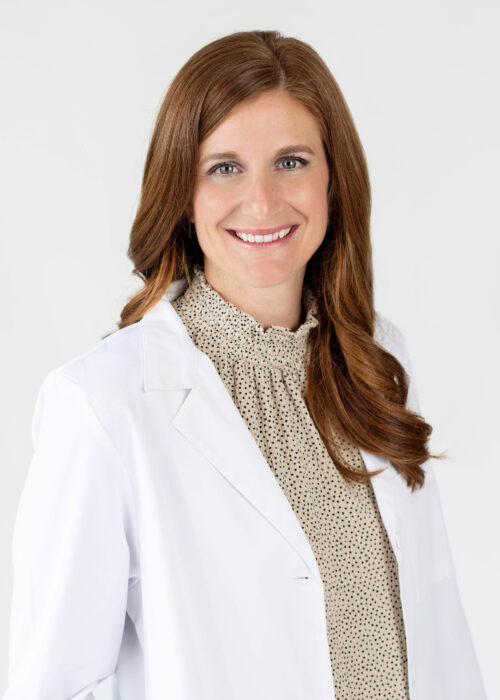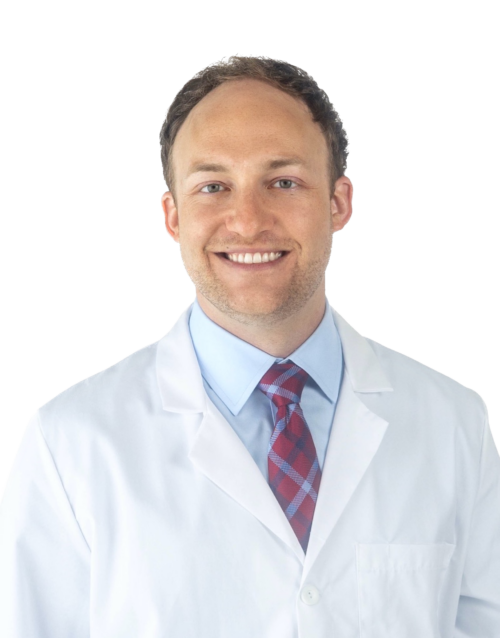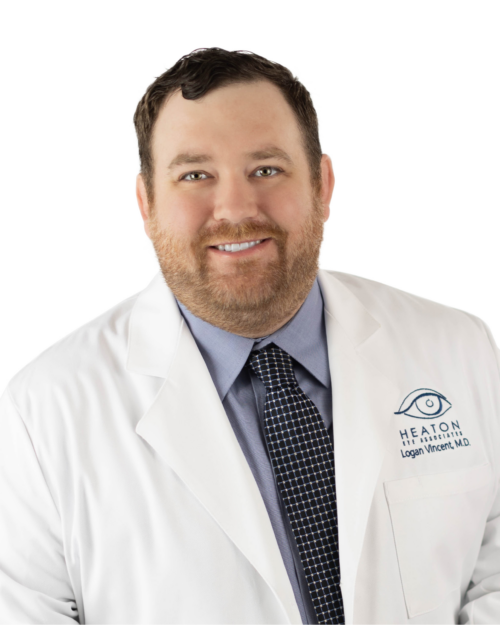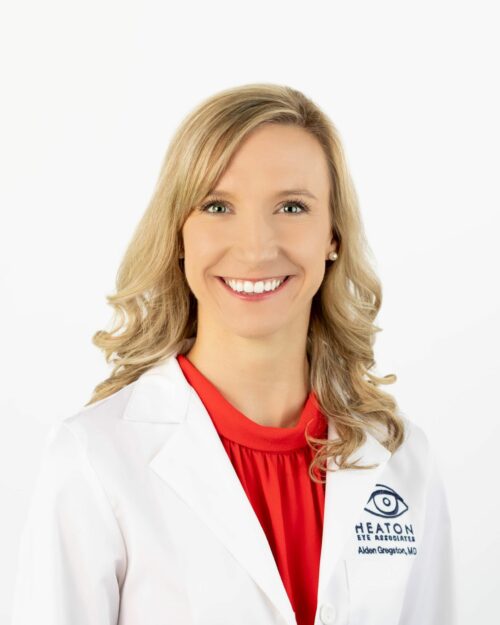Cataract Surgery
for Patients in Tyler, Athens, Longview, TX & All of East Texas
At Heaton Eye Associates, we have performed thousands and thousands of cataract procedures and are committed to providing the most advanced techniques available, the best results and exceptional patient care. Restoring your vision and allowing you to do the things you enjoy has never been easier.
In fact, cataract treatment is the most frequently performed procedure in the United States. In the hands of our experienced and certified opticians, recovery time is quick and visual results are excellent. At Heaton Eye Associates, our team of ophthalmologists are at the forefront of technology and have access to the latest cataract lenses, and light adjustable lenses. We offer a variety of options to fit your lifestyle needs, allowing you more freedom from eye glasses and contacts after cataract surgery.
Not sure if cataract surgery is right for you? We encourage you to contact either of our offices in Tyler, Athens, or Longview, TX to learn more about our cataract services or to schedule a consultation!
Are you a candidate for cataract surgery?
Take our self-test and find out.
Cataract Symptoms
A cataract is a clouding of the eye’s natural lens that occurs as we age. A cataract can make your vision seem cloudy, blurry or dull.
Do you have trouble with any of the following?



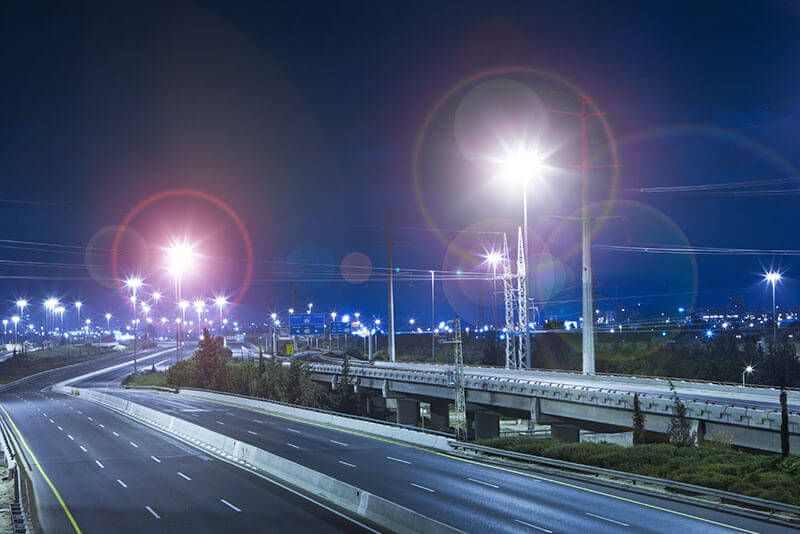


If you answered yes to any of the above symptoms, you may have cataracts. Cataract surgery is the most frequently performed surgery in the U.S. During this procedure, your eye’s cloudy natural lens is removed and replaced with an Intraocular Lens Implant (IOL). Cataract surgery today is even more advanced and safer than the days of your parents and grandparents, and there are few restrictions following surgery. In fact, Heaton Eye Associates is on the forefront of technology and offers a wide variety of options to fit your needs and lifestyle.
Cataract Steps
Unfortunately, medication, eye drops, new glasses, or other forms of treatment cannot cure cataracts. The only way to restore clear vision is to remove the cloudy lens, and replace it with a new lens. The intraocular lens implant (IOL) is the most effective replacement lens used today. There have been great advances in intraocular lens implants.
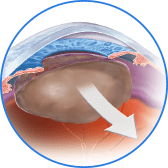
Step One
Through a micro-incision in your eye, your surgeon will use an ultrasound probe to break up and remove the cloudy, cataract-affected lens.
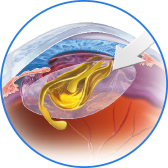
Step Two
The flexible lens implant is gently inserted into the eye, to replace your cloudy lens.
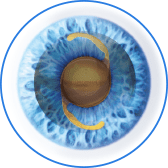
Step Three
With the cataract removed, and the new lens in place, light can once again travel clearly to the back of your eye, and focus properly.
Many patients are slightly fearful about having cataract surgery because they may remember a parent or grandparent having the surgery. Prior to advancements in cataract surgery, cataract patients could have had long hospital stays, experienced pain or discomfort, and had to remain inactive for a long period of time. In addition, patients had to wear thick, heavy cataract glasses after their surgery, often referred to as “Coke bottle glasses.” But today, with the use of modern techniques and advanced technology, cataract surgery is virtually painless. We use a No-Shot, No-Stitch, No-Patch procedure that takes only a few minutes to perform, and with the help of new Lifestyle Lenses, visual results are better than ever.
Lifestyle Lenses can not only eliminate your cataracts but can improve your overall vision.
Find out more!
Our Technology
Advancements in technology now provide a wide variety of options, allowing you to decrease your dependence on glasses after cataract surgery. There are many options to choose from that fit your personal visual needs and your lifestyle.

YAG Laser
The normal lens of the eye is like a grape, having an outer skin and inner gel-like material. When a cataract forms, the material inside the lens turns cloudy and interferes with good vision. Cataract surgery removes the cloudy lens and replaces it with an intraocular lens implant. During cataract surgery the fine skin (like a capsule) of the lens is left in place to support the new lens implant. In some cases, the capsule may become cloudy after surgery. This is sometimes called a “secondary cataract”. The YAG laser can be used to create an opening in the capsule and a clear path for light to enter the eye. It is painless and is done on an outpatient basis at the Heaton Laser and Surgery Center. The YAG laser is a surgical instrument that produces a short pulsed, high-energy light beam that can be precisely focused by computer to cut, perforate or fragment tissue.
While being treated with the YAG laser, the patient sits in a chair in front of the laser. The doctor focuses the YAG laser onto the cloudy capsule using a special aiming beam. The laser beam passes through the cornea and the lens implant. As the beam reaches its focal point on the cloudy capsule, the energy becomes highly concentrated and creates a new window in the capsule. The procedure takes only a few minutes.
What to expect the day of treatment:

